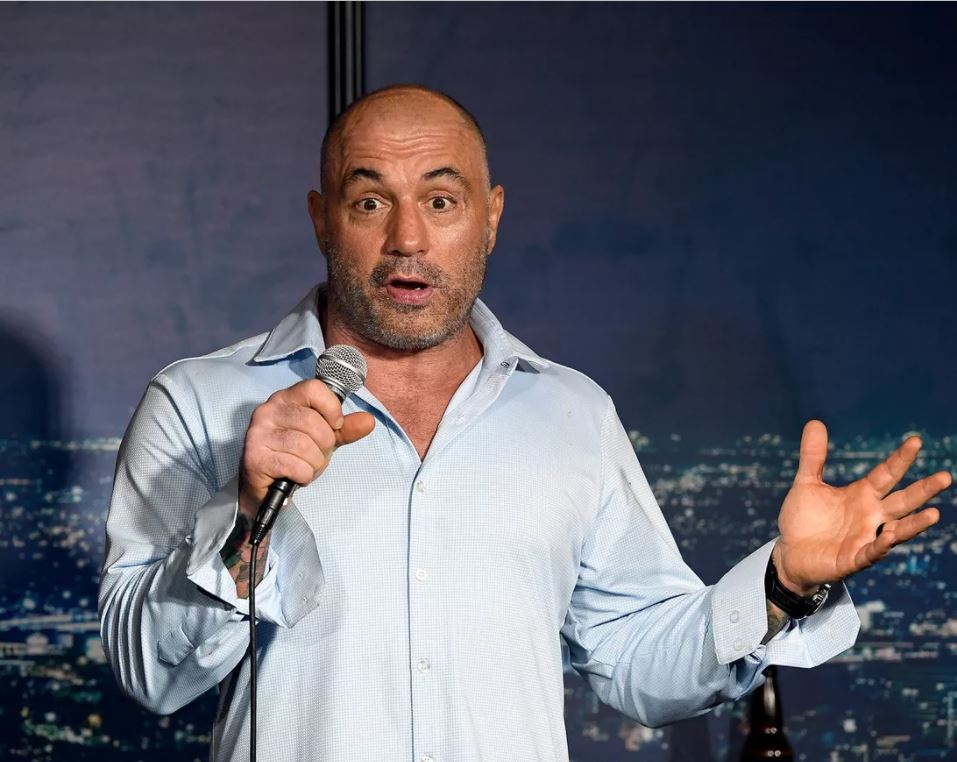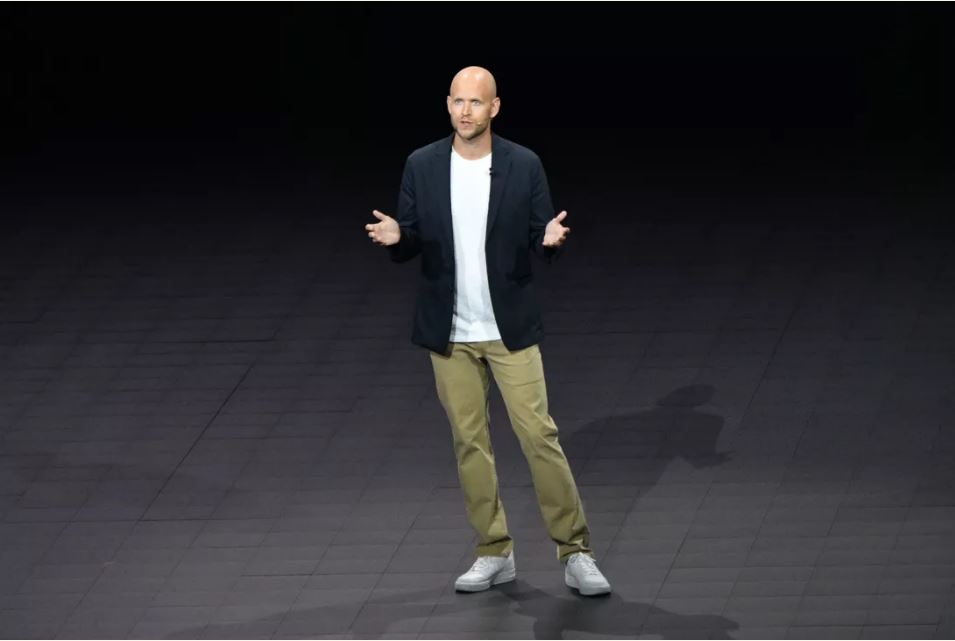Visit the WHO and CDC websites for the latest up-to-date news and information regarding the coronavirus pandemic.
Spotify CEO Daniel Ek spoke out publicly on Sunday against the Joe Rogan podcast and COVID-19 vaccination disinformation that has erupted in the wake of a request from legendary artist Neil Young.
Doctors and scientists, as well as Spotify users, have voiced concerns about the company’s standards and “the borders we have made between what is acceptable and what is not,” according to Ek in a blog post. However, he also admitted that Spotify hasn’t been entirely upfront about its content hosting practices.
“It’s become evident to me that we have to do more to give balance and access to widely-accepted knowledge from the medical and scientific communities to guide us through this unique period,” Ek wrote.
Later that day, Rogan added his two cents to the disinformation debate. He promised in an Instagram post that he would strive to balance out controversial ideas with different perspectives to help himself and his listeners come to a better understanding.
“I’m not trying to spread false information or stir up controversy,” Rogan stated. “With my podcast, I’ve never attempted to do anything other than talking to people and have fascinating discussions.”
Ek didn’t mention Rogan or Young by name in his blog piece. Both, though, are at the heart of the controversy surrounding the material that Spotify, the world’s largest music streaming service by subscribers, delivers to its customers, as well as the obligations that come with it.
Spotify has agreed to be the sole outlet for Rogan’s podcast, The Joe Rogan Experience, which has hosted several conspiracy theorists and anti-vaccine activists in the previous year. These visitors have distributed false material regarding COVID-19 vaccinations and dubious medical treatments.
COVID-19 vaccinations are safe and effective in preventing severe illness, hospitalization, and death.

A statement signed by more than 250 medical experts, academics, and researchers earlier this month urged Spotify to take action to curb the spread of COVID disinformation on its platform, citing the Joe Rogan Experience podcast as an example. More than a thousand other experts have signed the letter since then.
Young then gave Spotify an option on Monday: it could broadcast his music or Rogan’s program, but not both. As a result, young’s albums and tracks vanished from the music service a day later. On Saturday, Joni Mitchell, a singer-songwriter, said that she, too, would be removing all of her songs from Spotify.
Along the way, the hashtag #DeleteSpotify became popular on social media, with many announcing that they were canceling their Spotify memberships.
“SPOTIFY has become the home of life-threatening COVID disinformation,” Young said in a message published on his website on Wednesday, in which he also urged other musicians and record labels to abandon Spotify. “Money is being made by selling lies.”
Spotify’s Ek stated in a blog post on Sunday that he’s trying to find a balance between promoting artist expression and ensuring the safety of the service’s users.
“It’s crucial to me,” Ek said, “that we don’t take on the role of content censor while simultaneously ensuring that rules are in place and that those who break them face repercussions.”
What Spotify is up to
Spotify, according to Ek, has had regulations and standards in place for years but has been secretive about them, leading to worries about their application to significant situations like COVID-19.
According to Ek, Spotify is taking three measures.
It’s releasing its long-standing platform guidelines to help creators “from those with whom we collaborate exclusively to those whose work is shared across numerous platforms.” They’ll dwell forever on the main Spotify website and are being localized into multiple languages, as they’re now featured in Spotify’s online newsroom.
It’s planning on adding a COVID-19 content alert to each podcast episode that discusses the virus. In addition, listeners will be sent to Spotify’s COVID-19 center, featuring news from ABC News, Politico, the BBC World Service, and others.
It will begin experimenting with approaches to emphasize platform regulations in its creator and publisher tools to enhance awareness of what is permissible and to assist creators in understanding their responsibility for the material they share.
Rogan added in an Instagram post that he agreed with Spotify’s plan to include a warning at the beginning of contentious podcasts, notably those about COVID, that advises listeners to see their doctors and that the viewpoints presented are opposed to professional consensus.
“Also, I believe if there’s anything I could improve on, it’s having more experts with opposing viewpoints immediately after the controversial ones,” Rogan remarked. “I’d be willing to do it in a heartbeat.”
Spotify’s platform rules cover topics including harmful, misleading, and unlawful material, as well as the consequences that rule violators face and how to report a problem.
False or deceptive information that may cause offline harm or pose a direct threat to public health, such as falsely asserting that AIDS, COVID-19, or cancer are a hoax or not real, falsely suggesting that vaccines approved by local health authorities are designed to cause death, or encouraging people to become infected with COVID-19 to build immunity to it purposefully, are all examples of harmful content.
According to the Johns Hopkins University of Medicine’s coronavirus information center, there have been more than 374 million cases of COVID-19 worldwide in the last two years, with more than 5.6 million fatalities.
COVID-19 immunizations are very successful at minimizing the effects of the coronavirus, according to public health officials, and other public health measures like masking and social distance have helped reduce the spread of COVID-19.
A request for more information from Spotify was not immediately returned.


